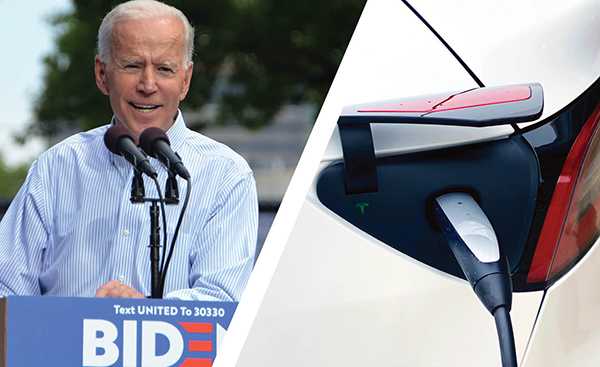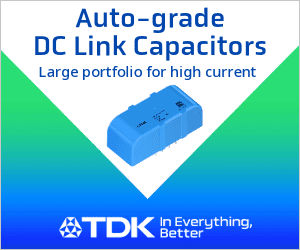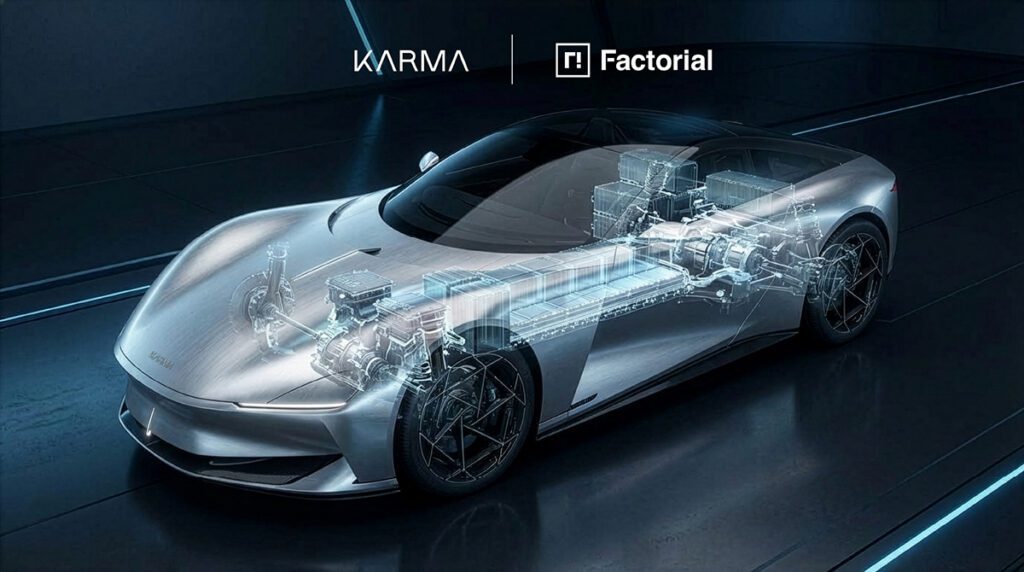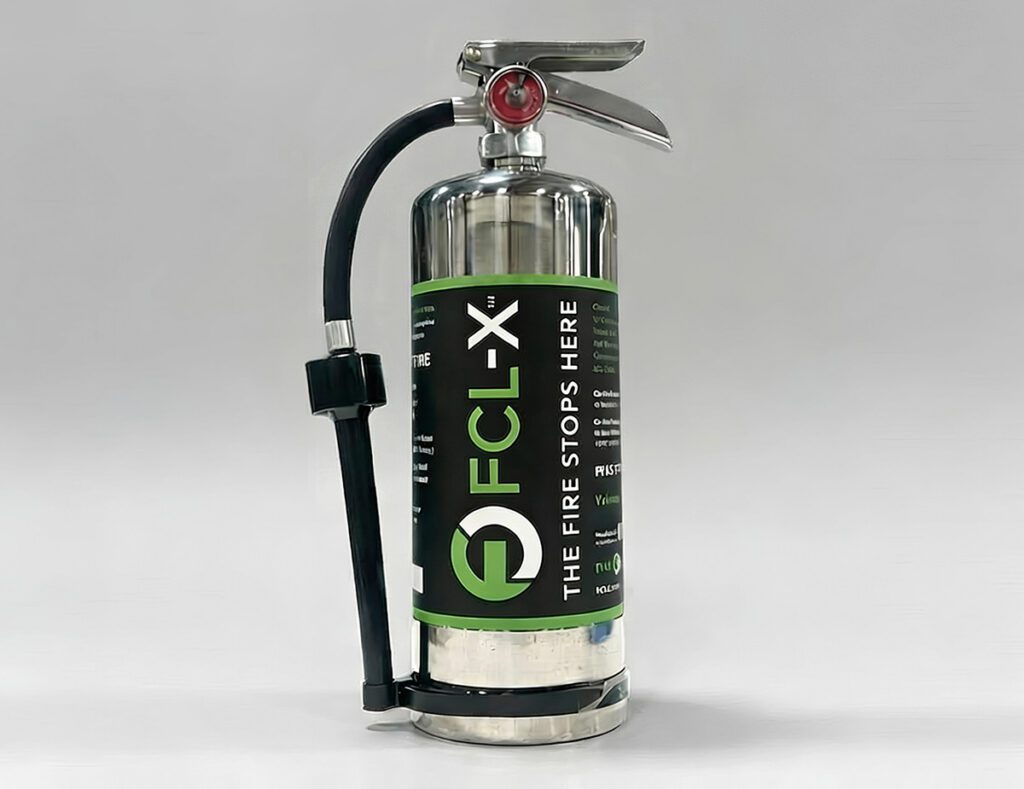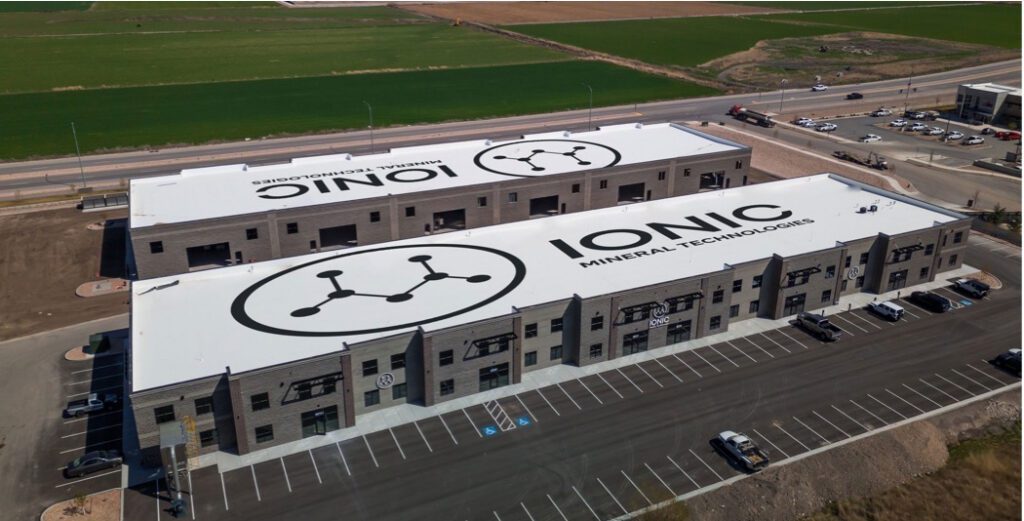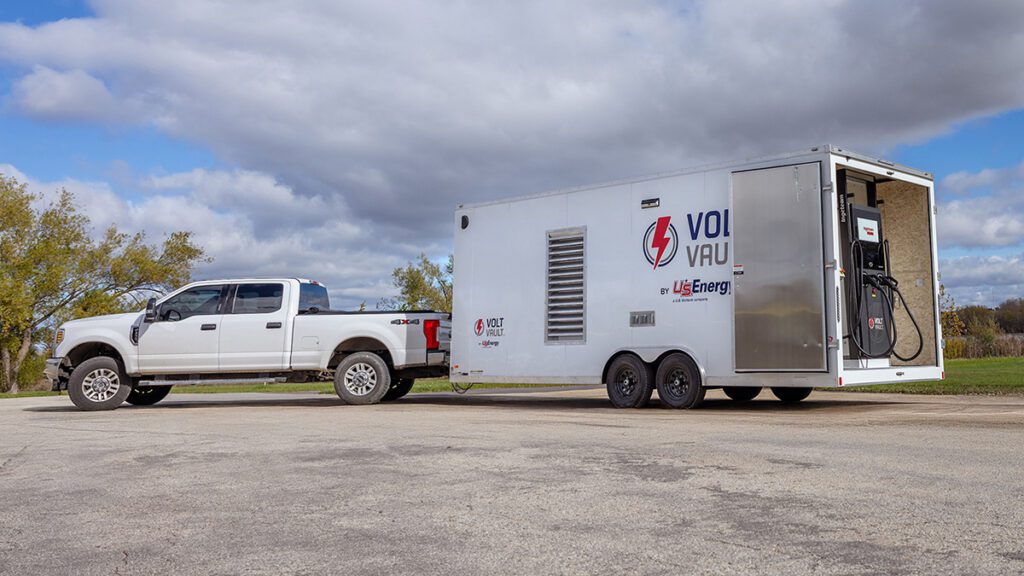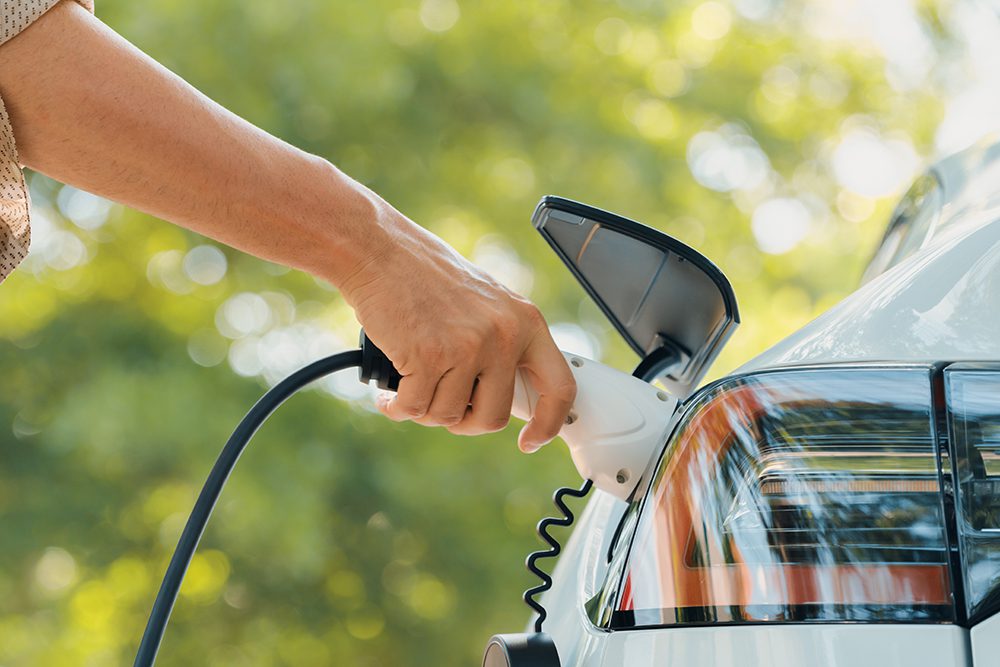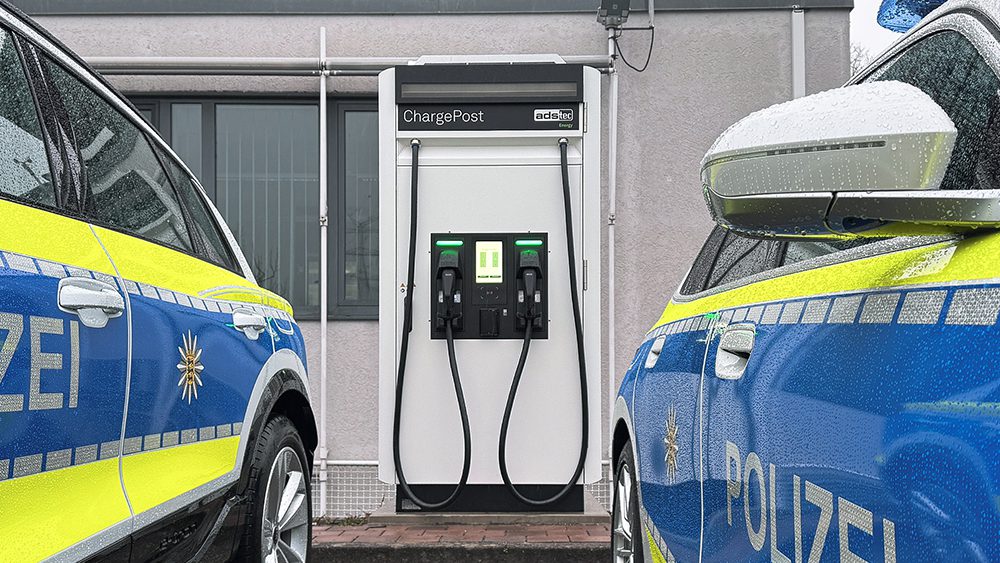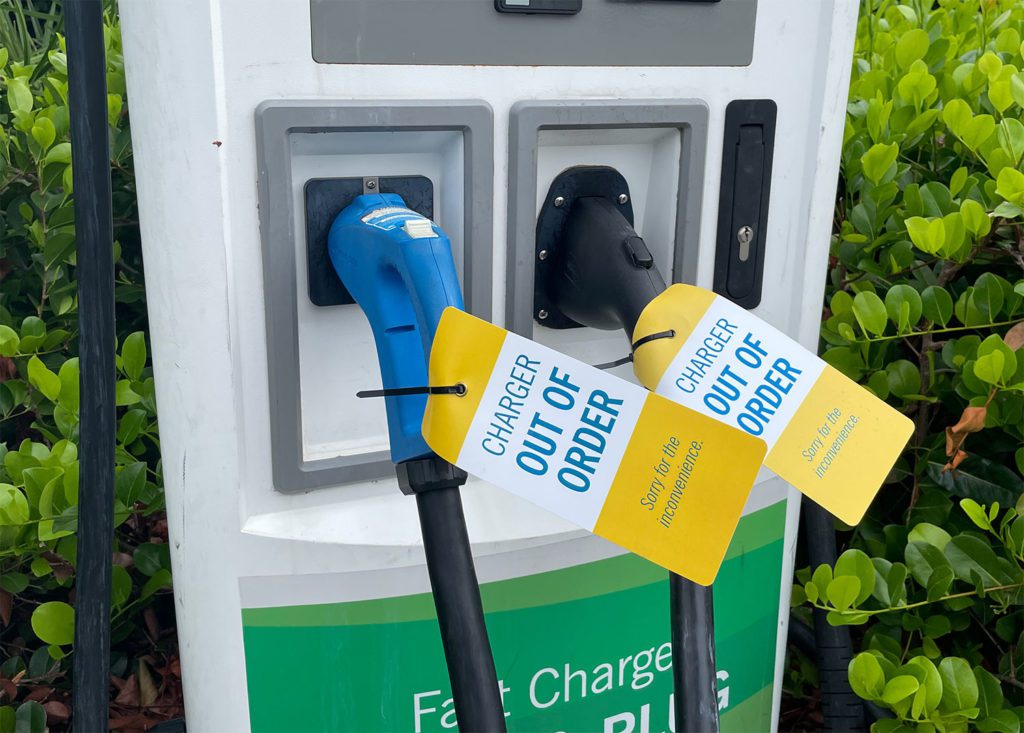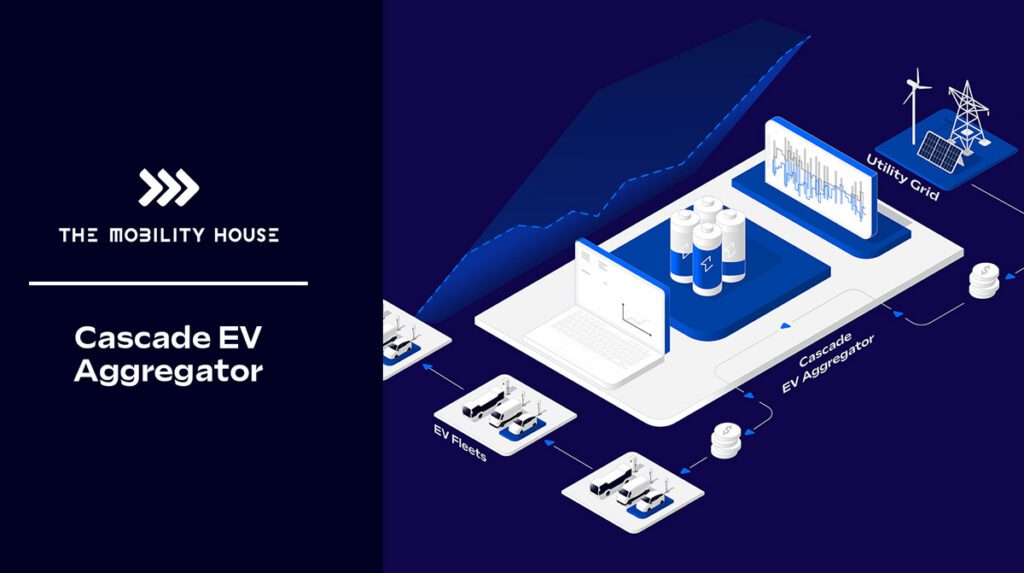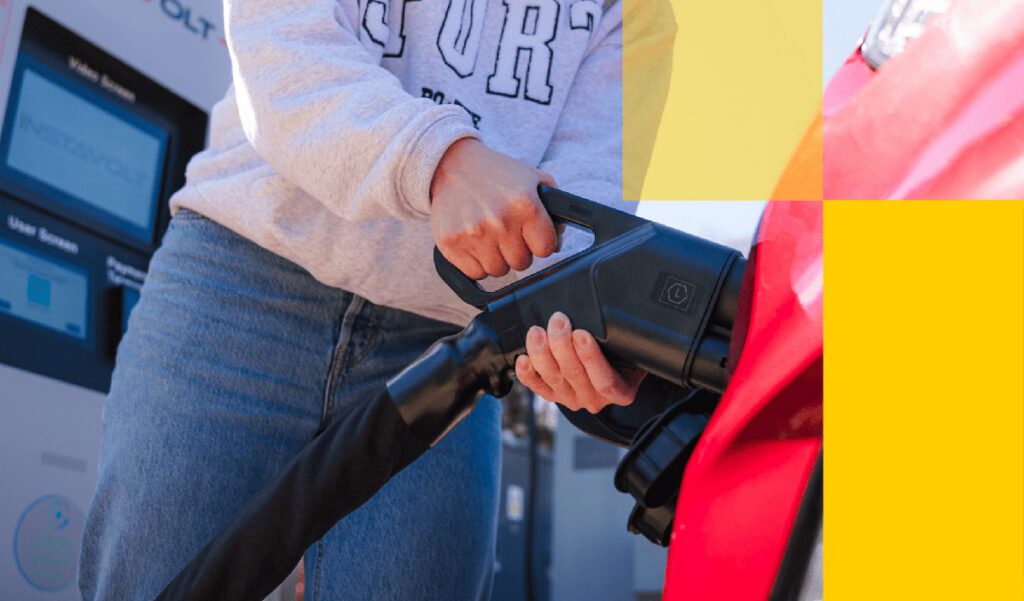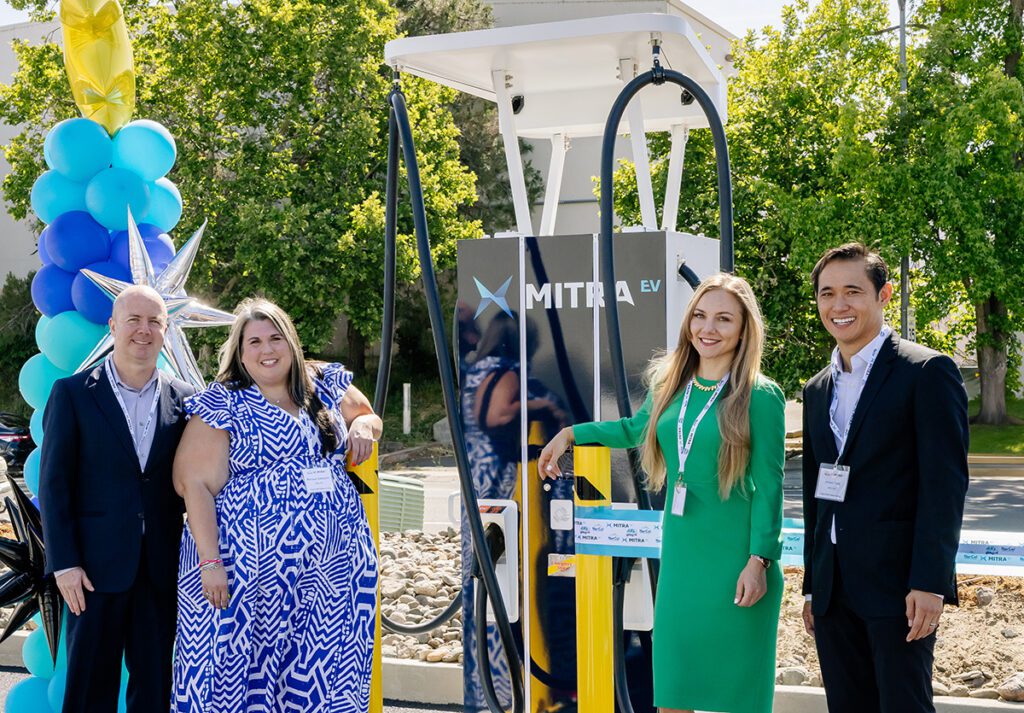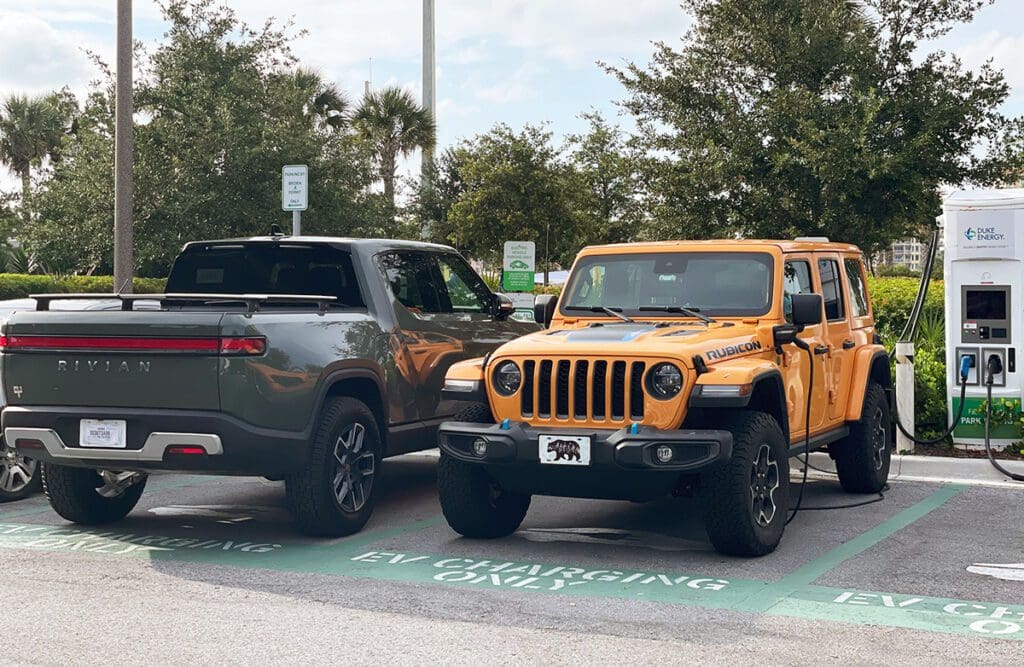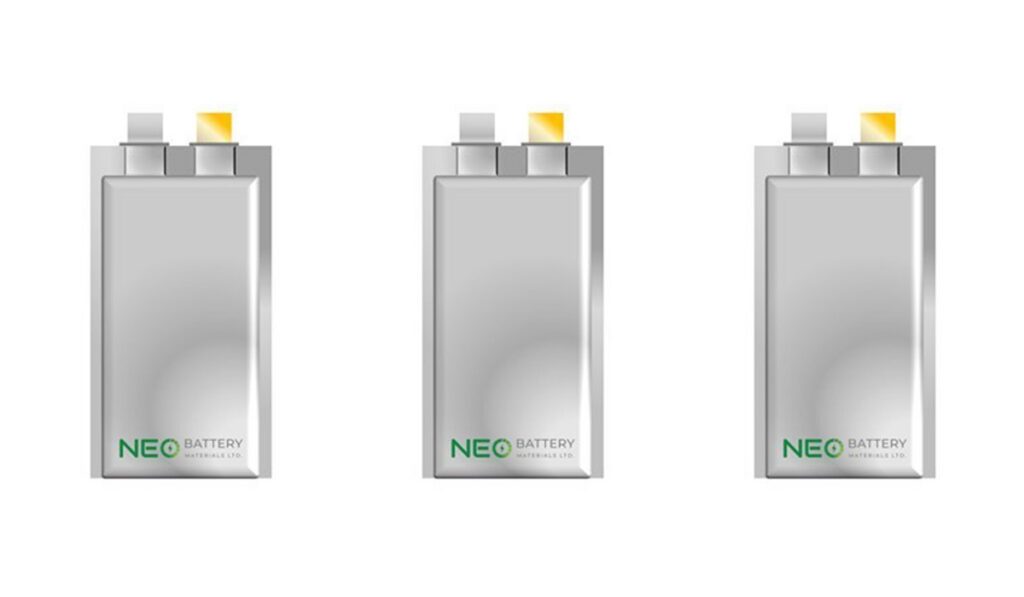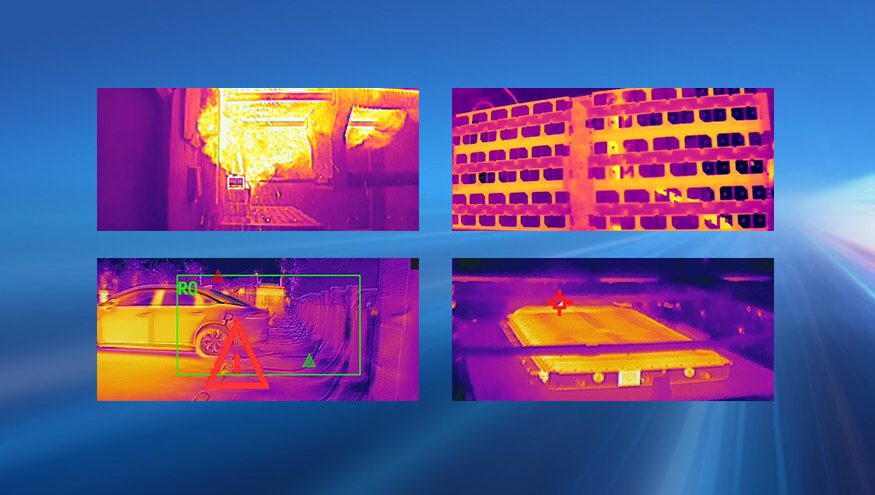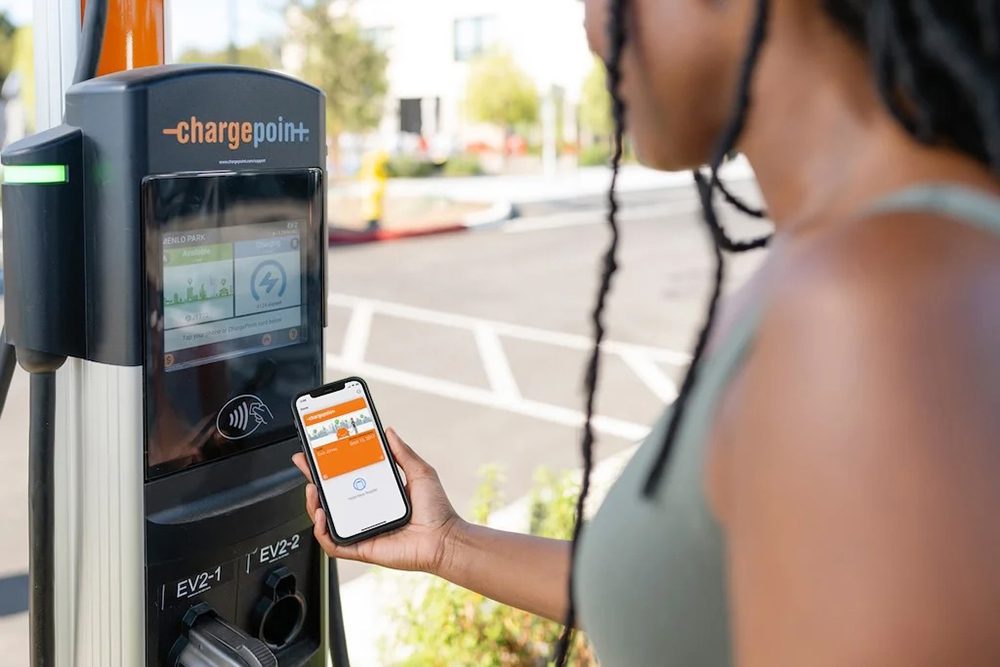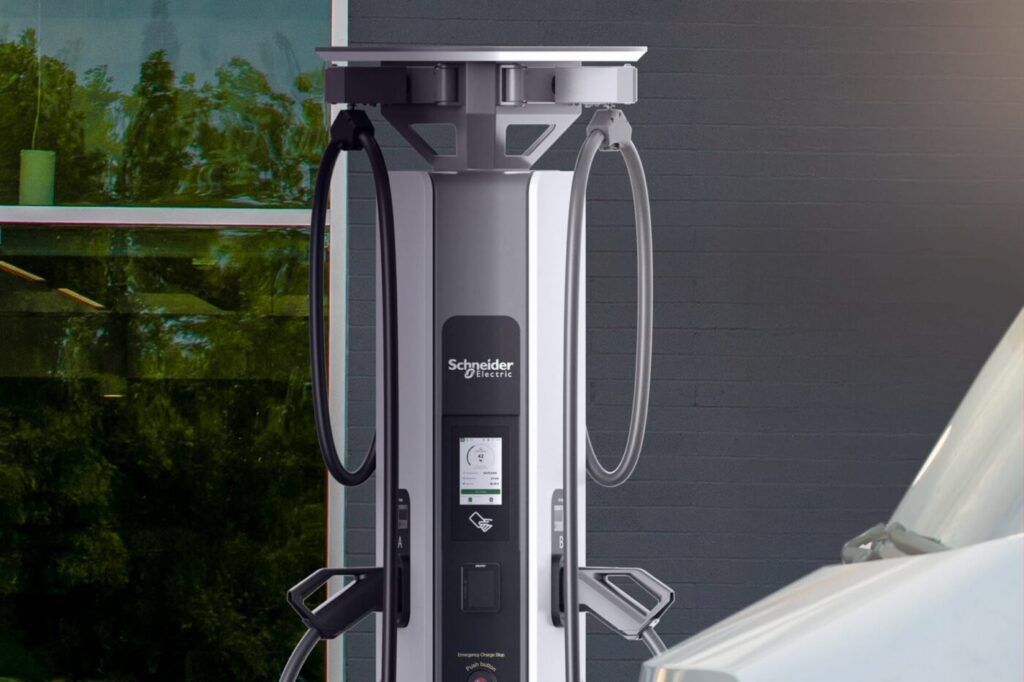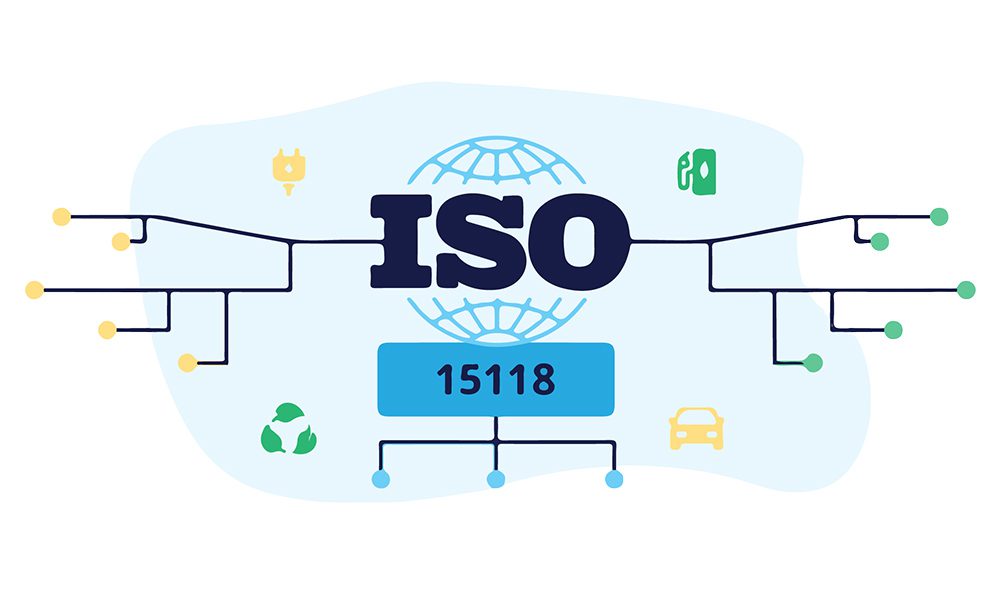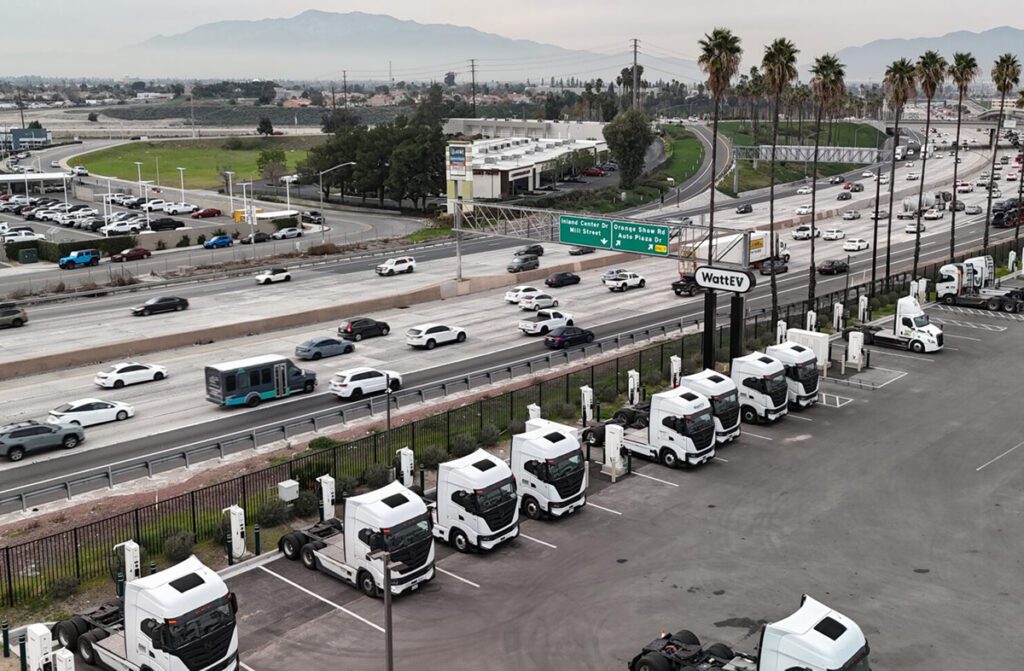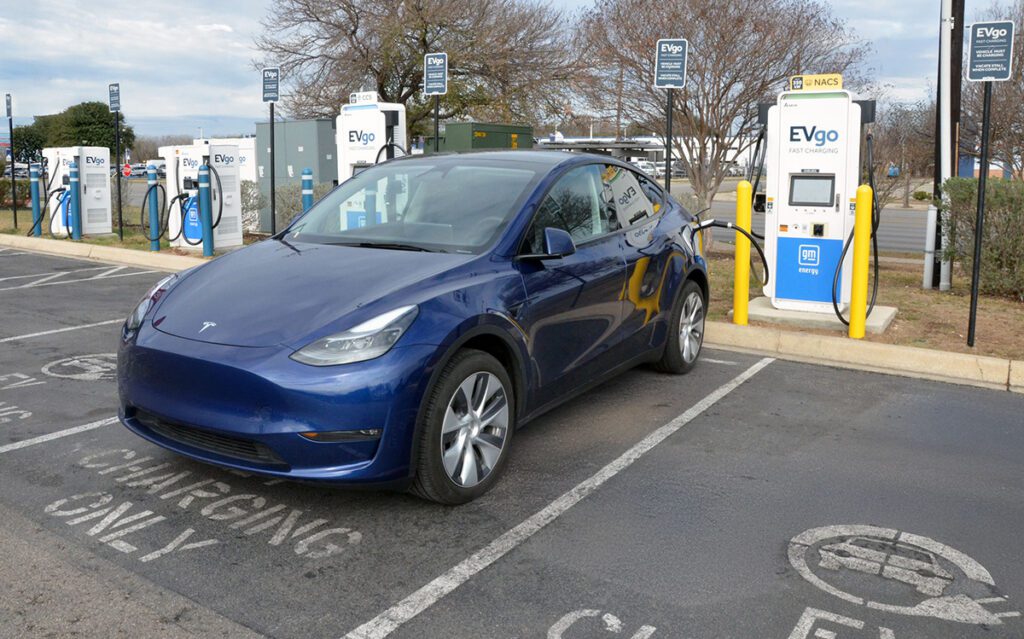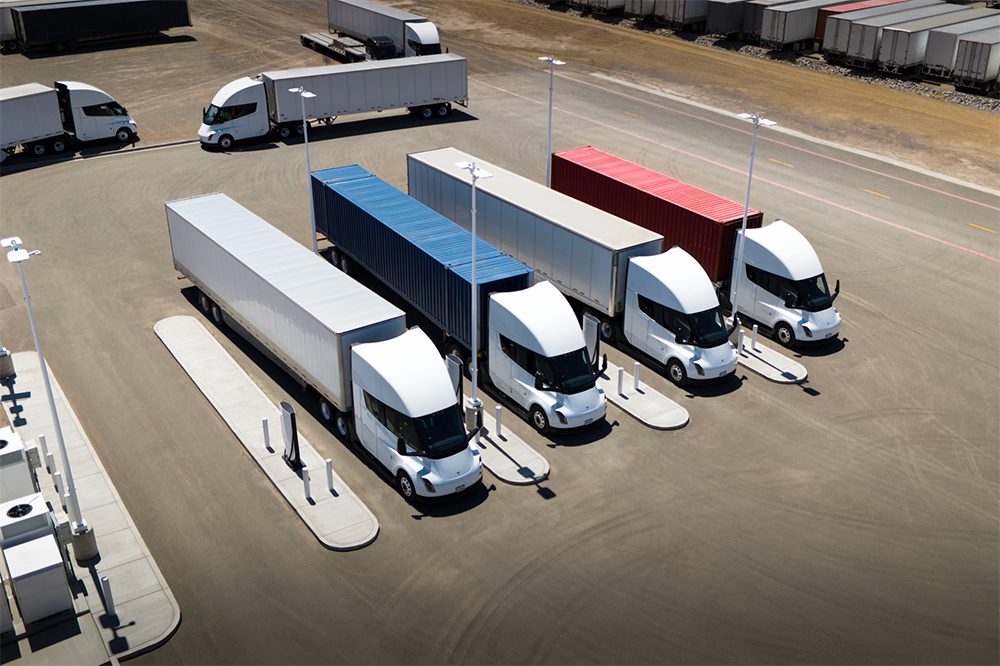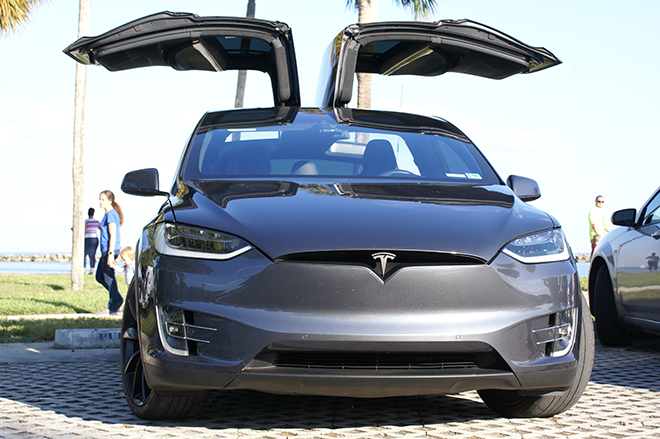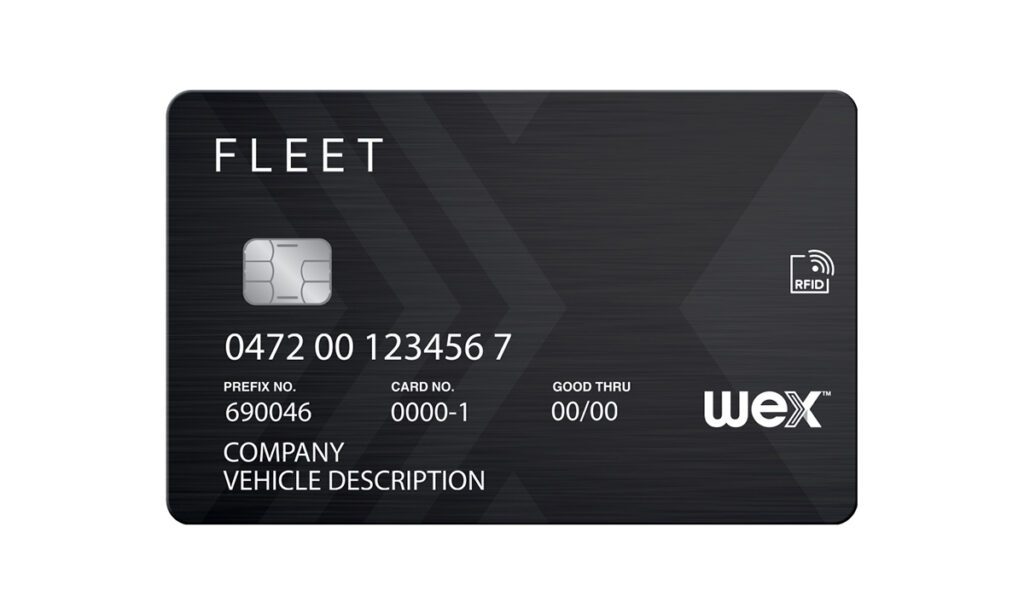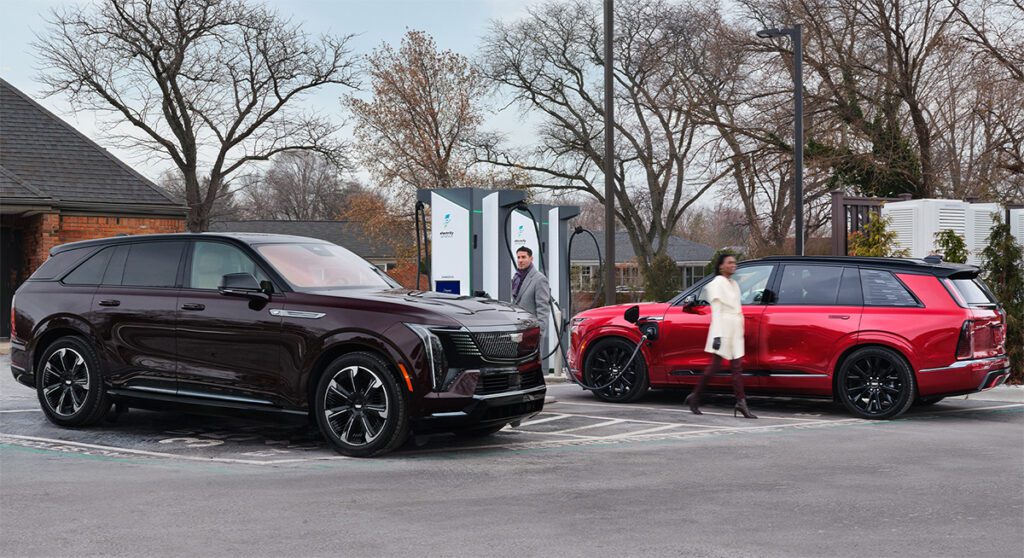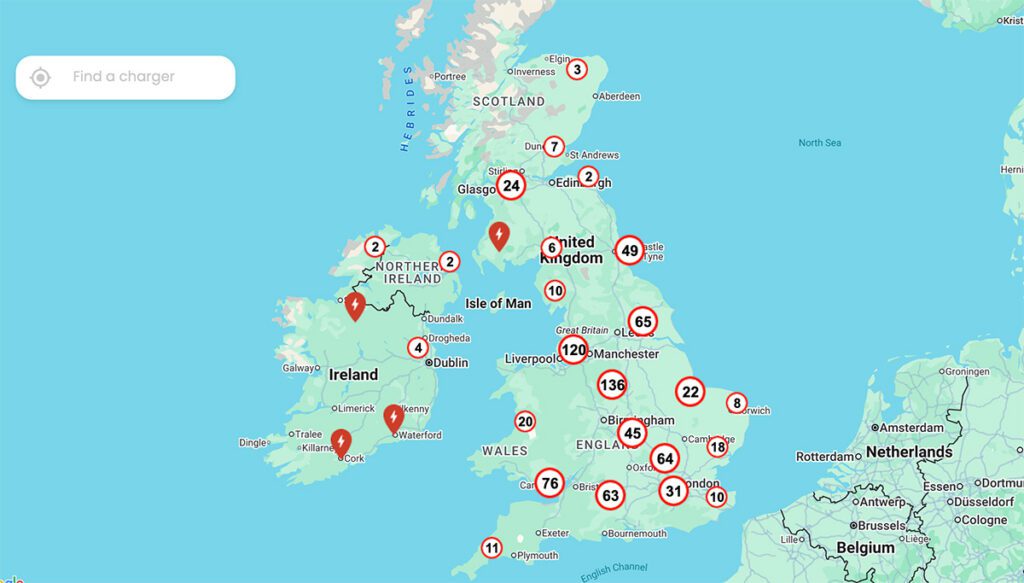President Biden’s next priority is a massive infrastructure bill, and e-mobility is very much a part of the plan to upgrade and modernize the country’s transportation system.
The administration is going big. “The American Jobs Plan will invest in America in a way we have not invested since we built the interstate highways and won the Space Race,” says the White House.
In a lengthy description of the new plan, the administration notes that “our nation is falling behind its biggest competitors on research and development (R&D), manufacturing, and training,” and stresses the need to invest in “strengthening our infrastructure and competitiveness, and in creating the good-paying, union jobs of the future.”
Here’s the section of the plan that relates to EVs:
U.S. market share of plug-in electric vehicle (EV) sales is only one-third the size of the Chinese EV market. The President believes that must change. He is proposing a $174 billion investment to win the EV market. His plan will enable automakers to spur domestic supply chains from raw materials to parts, retool factories to compete globally, and support American workers to make batteries and EVs. It will give consumers point of sale rebates and tax incentives to buy American-made EVs, while ensuring that these vehicles are affordable for all families and manufactured by workers with good jobs. It will establish grant and incentive programs for state and local governments and the private sector to build a national network of 500,000 EV chargers by 2030, while promoting strong labor, training, and installation standards. His plan also will replace 50,000 diesel transit vehicles and electrify at least 20 percent of our yellow school bus fleet through a new Clean Buses for Kids Program at the Environmental Protection Agency, with support from the Department of Energy. These investments will set us on a path to 100 percent clean buses, while ensuring that the American workforce is trained to operate and maintain this 21st century infrastructure. Finally, it will utilize the vast tools of federal procurement to electrify the federal fleet, including the United States Postal Service.
President Biden made it clear during his campaign that he would heavily promote EVs and clean energy, and the latest announcement is another step toward filling in the details. It will be some time before the nuts and bolts of the new federal policies are in place, but the broad outline presented here looks sound, and we see a couple of particular things that we like.
Restructuring federal consumer EVs incentives to include “point of sale rebates” would be a good move. The existing tax credit is an inefficient instrument that mainly benefits high-income taxpayers, and rewards the automakers that took a go-slow approach to electrification. It’s also good to see that policymakers understand the importance of building a strong domestic supply chain, and that they are keeping the focus on creating good-quality jobs.
Source: White House, Electrek




